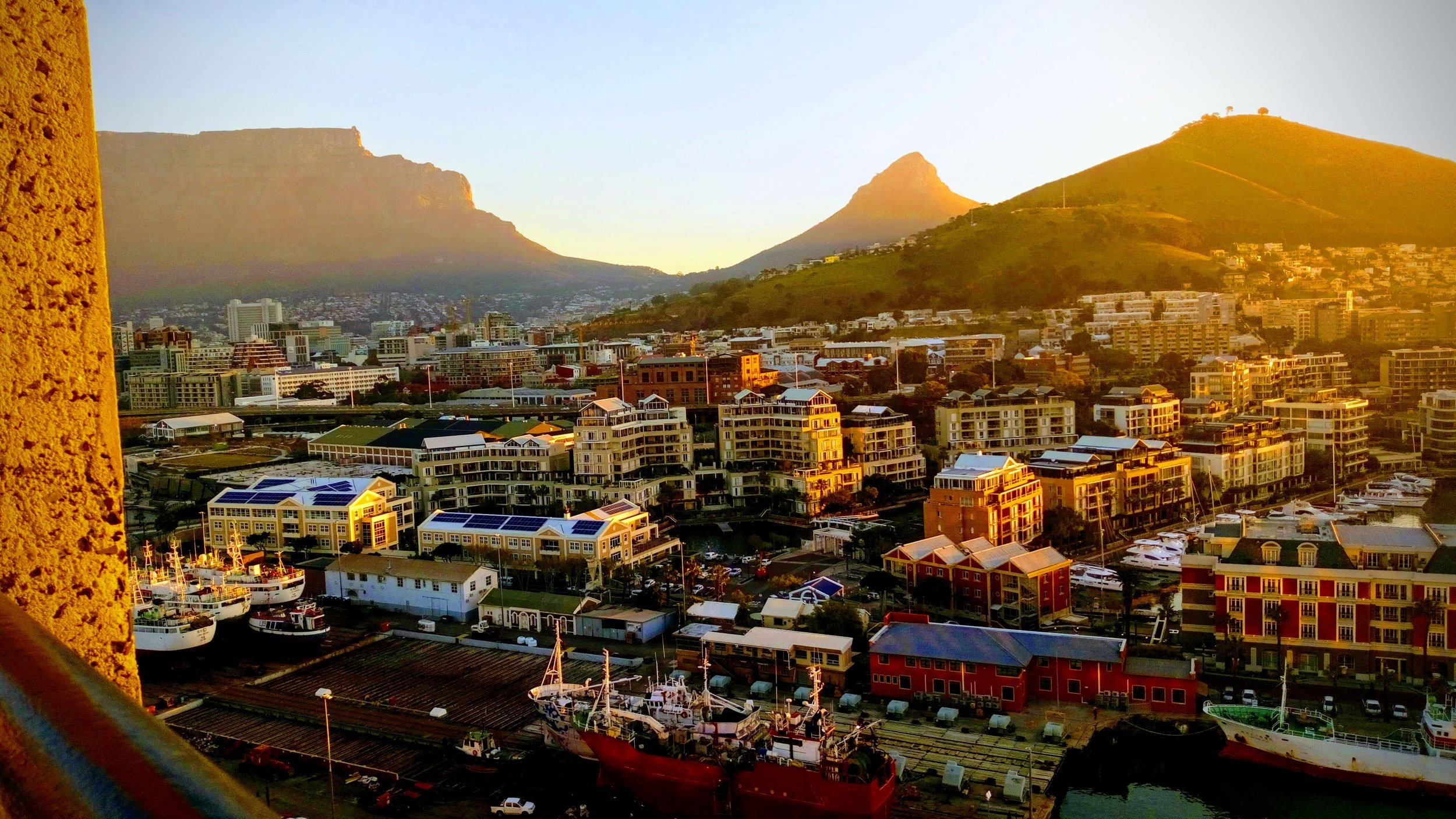
Open law projects in Africa enable sustainable development, economic and human rights goals.
All of this is achieved by South-South technical cooperation: collaborating, sharing knowledge, skills and initiatives.
-
Rule of law.
Open law projects promote the rule of law at the national level and ensure equal access to justice for all.
-
Anti-corruption & bribery.
Open law projects reduce opportunities for corruption and bribery by making government and judicial decision-making processes transparent.
-
Good governance.
Open law projects promote inclusive and participatory decision-making.
-
Capacity-building for national institutions.
Open law projects strengthen national institutions by building capacity for the effective communication of public information.
-
Policy coherence.
Open law projects enable policy coherence across national and international institutions by making documentation freely accessible and comparable.
-
Legal tech innovation.
Open law projects facilitate the development of legal products and services that will disrupt the legal market and its commercial monopolies through legal tech.
-
Diverse legal profession.
Open law projects facilitate broader access to the legal profession for disadvantaged students and graduates by making legal study materials freely available outside the confines of a library or law firm.
-
Free and fair journalism.
Open law projects enable journalists and activists to identify and expose corruption; scrutinising the content of public documents or identifying gaps in the public record.
-
Pandemic preparedness.
Open law projects support pandemic preparedness by enabling more legal professionals, students, media and government officials to work from any internet-connected location.
